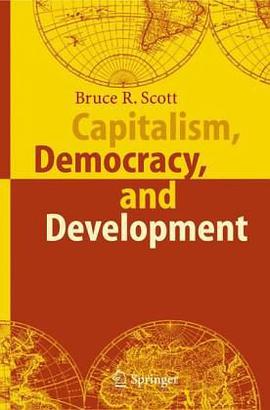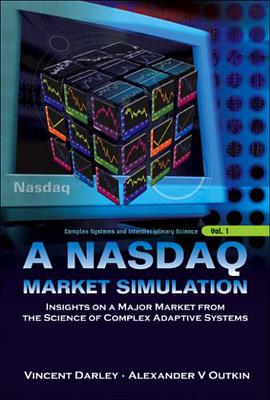

This book looks at the emergence of capitalism and democracy as systems of economic and political governance and considers how these two systems may be both mutually supportive and antagonistic. In mapping out the balance between capitalism and democracy, the book includes chapters on the theory and history of these systems that challenge the assumption that their spread will bring about a convergence of incomes either among countries or within them. Inequalities of income and power emerge as a major societal issue alongside poverty, and the book develops alternative societal models based upon the degree of inequality in wealth and power. Since 1980, Anglo-American style capitalism has been a cause of increased inequality in a number of rich countries and threatens to duplicate itself in many developing countries. The book argues that the increasing integration of markets (globalization) will not solve these problems of inequality, they require political solutions. The EU attempts one such solution, but it is not clear whether it will remain competitively viable. Meanwhile, increasing inequality is causing two serious problems for democratic societies: a move to the left and/or political instability in many developing countries and a rising tide of immigrants seeking to move from poor countries to rich.
具体描述
读后感
评分
评分
评分
评分
用户评价
相关图书
本站所有内容均为互联网搜索引擎提供的公开搜索信息,本站不存储任何数据与内容,任何内容与数据均与本站无关,如有需要请联系相关搜索引擎包括但不限于百度,google,bing,sogou 等
© 2025 book.wenda123.org All Rights Reserved. 图书目录大全 版权所有




















